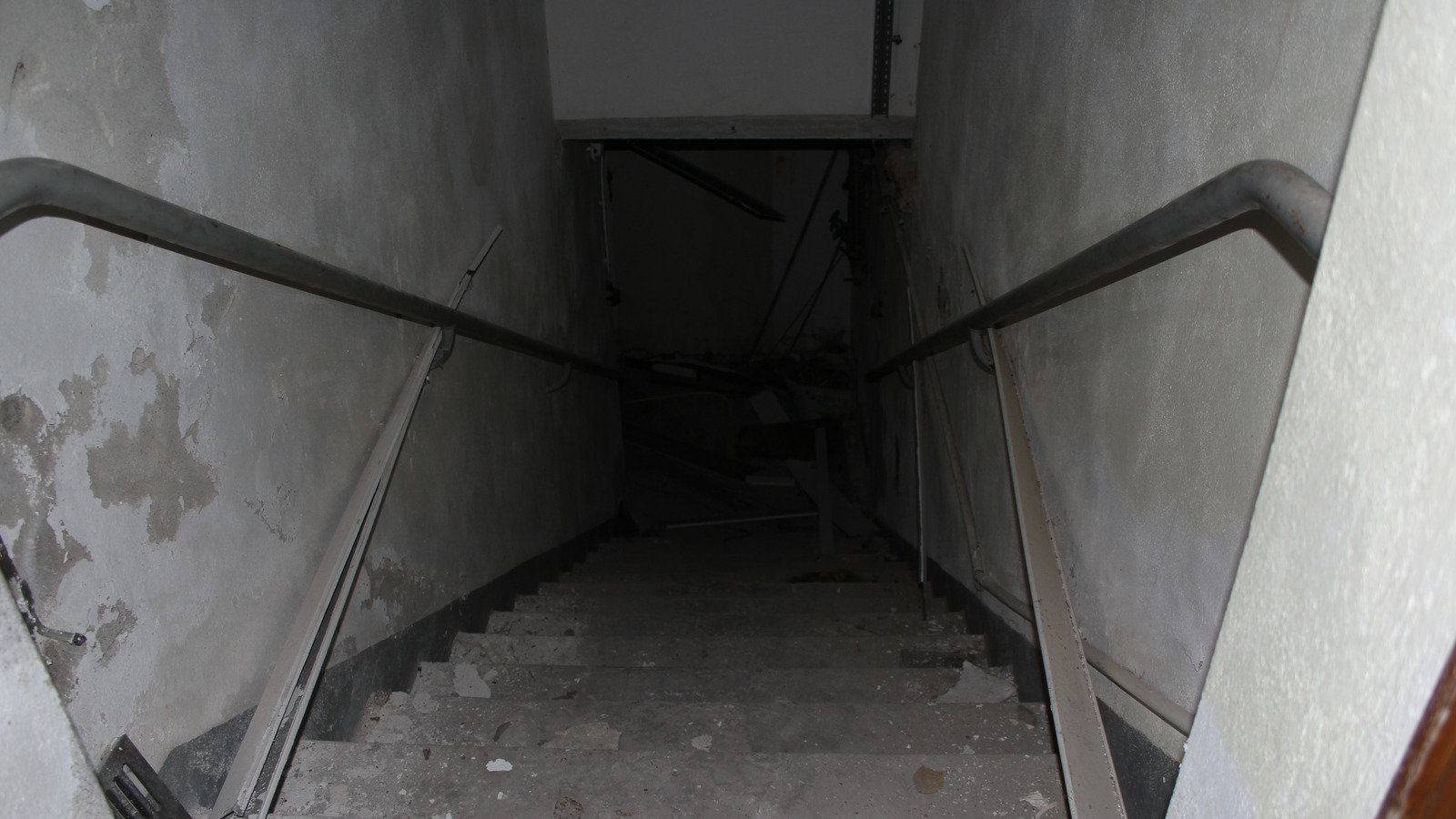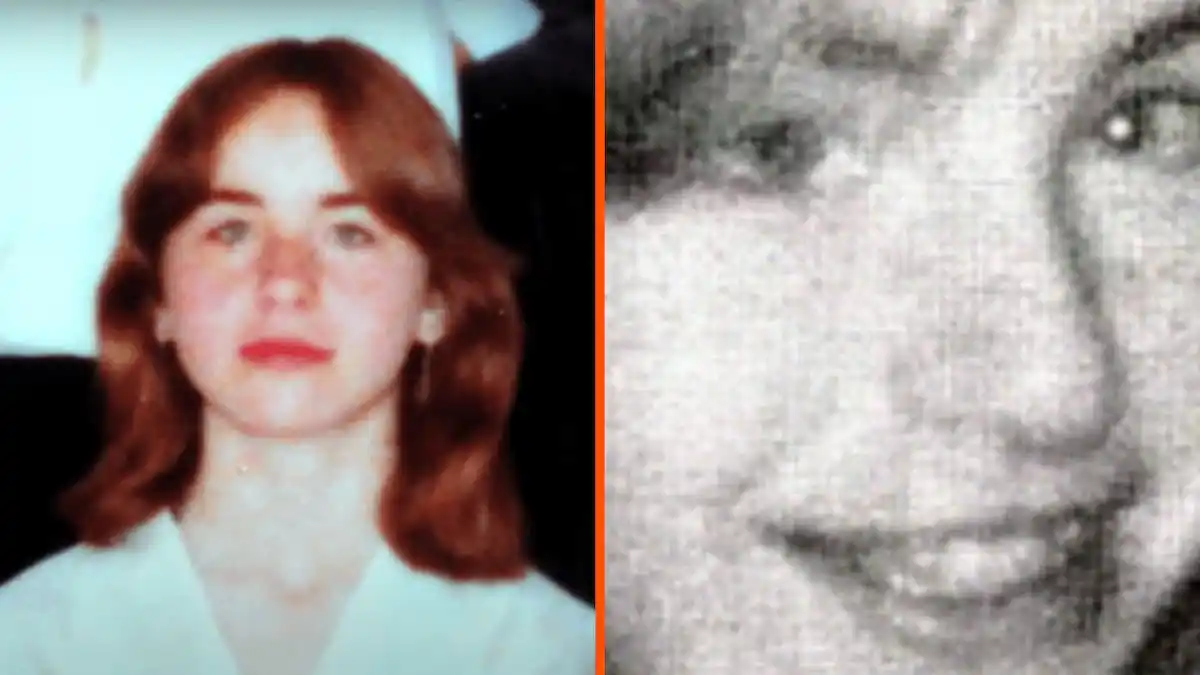The story of Elisabeth Fritzl has captivated the world, becoming a symbol of resilience and survival against unimaginable odds. For years, Elisabeth endured unimaginable horrors in a dark basement, but her story is far from over. Today, Elisabeth Fritzl continues to inspire people around the globe with her courage and determination to rebuild her life. This article delves into the life of Elisabeth Fritzl, offering a comprehensive look at her journey, the challenges she faced, and her current status.
Elisabeth Fritzl's story gained international attention in 2008 when her harrowing ordeal came to light. The world watched in disbelief as the details unfolded, revealing a tale of abuse, captivity, and survival. Her story is not just about the trauma she endured but also about the strength and resilience that allowed her to rebuild her life.
This article aims to provide a detailed and empathetic exploration of Elisabeth Fritzl today, highlighting her journey from captivity to freedom and the ongoing challenges she faces. We will also discuss the broader implications of her story, including the lessons society can learn and the importance of support systems for victims of abuse.
Read also:Unveiling The Voice Behind Donkey In Shrek A Comprehensive Guide To The Iconic Voice Actor
Table of Contents
- Biography of Elisabeth Fritzl
- Early Life and Background
- Elisabeth Fritzl's Captivity: The Dark Years
- The Rescue: A Turning Point
- Legal Battles and Justice
- Rebuilding Her Life: Elisabeth Fritzl Today
- Family Dynamics and Support Systems
- Mental Health and Healing
- Raising Public Awareness
- Elisabeth Fritzl's Legacy
Biography of Elisabeth Fritzl
Personal Information
Elisabeth Fritzl was born on April 21, 1975, in Amstetten, Austria. Her life took a tragic turn at the age of 18 when she was abducted by her father, Josef Fritzl, and held captive in a basement for over two decades. Below is a summary of her personal information:
| Full Name | Elisabeth Fritzl |
|---|---|
| Date of Birth | April 21, 1975 |
| Place of Birth | Amstetten, Austria |
| Occupation | Survivor and Advocate |
| Known For | Surviving 24 years of captivity |
Early Life and Background
Elisabeth Fritzl grew up in a seemingly ordinary family in Amstetten, Austria. However, beneath the surface, her family was plagued by dysfunction and abuse. Her father, Josef Fritzl, was a dominant figure who controlled every aspect of their lives. Elisabeth's early life was marked by neglect and emotional abuse, setting the stage for the horrors that were to come.
At the age of 18, Elisabeth's life took a drastic turn when her father abducted her and confined her to a specially constructed basement beneath their home. For the next 24 years, she would endure unimaginable suffering, but her strength and resilience would ultimately lead her to freedom.
Elisabeth Fritzl's Captivity: The Dark Years
The Basement Prison
Josef Fritzl designed a sophisticated underground prison where he kept Elisabeth isolated from the outside world. The basement was equipped with cameras, alarms, and reinforced doors to ensure her confinement. During her captivity, Elisabeth gave birth to seven children, three of whom were taken away by Josef and raised as his own.
Despite the harsh conditions, Elisabeth found ways to cope and maintain her sanity. She created routines, educated her children, and nurtured a sense of hope that one day she would be free.
The Rescue: A Turning Point
Elisabeth's rescue in 2008 was a turning point in her life. It began when one of her children, Kerstin, fell ill and required medical attention. Josef Fritzl, fearing exposure, sought medical help, leading to the discovery of Elisabeth's captivity. The news shocked the world, and Elisabeth's story quickly became a global sensation.
Read also:Why Did Kate Walsh Leave Greys Anatomy A Comprehensive Analysis
After her rescue, Elisabeth faced the daunting task of reintegrating into society and rebuilding her life. Her resilience and determination were key to overcoming the trauma of her past.
Legal Battles and Justice
Seeking Justice
The legal proceedings against Josef Fritzl were extensive and highly publicized. In 2009, he was sentenced to life imprisonment without the possibility of parole. The trial brought attention to the systemic failures that allowed such abuse to go unnoticed for so long.
Elisabeth and her children also filed civil lawsuits against Josef Fritzl, seeking compensation for the harm they endured. The legal battles were challenging but necessary for achieving closure and justice.
Rebuilding Her Life: Elisabeth Fritzl Today
Life After Captivity
Today, Elisabeth Fritzl lives a quiet life, focusing on her mental and emotional well-being. She has moved to a new location to start fresh and avoid media attention. Elisabeth's priority is raising her children and ensuring they have a stable and loving environment.
Through therapy and support from advocates, Elisabeth continues to heal from the trauma of her past. Her story serves as a testament to the power of resilience and the importance of support systems for survivors of abuse.
Family Dynamics and Support Systems
The dynamics within Elisabeth's family were complex and deeply flawed. Her mother, Rosemarie, was unaware of Josef's crimes but played a role in perpetuating the family's dysfunction. After the truth came to light, Rosemarie expressed remorse and sought to make amends.
Elisabeth's support system includes mental health professionals, advocates, and close friends who help her navigate the challenges of rebuilding her life. Her children are also a source of strength and motivation, providing her with a sense of purpose and fulfillment.
Mental Health and Healing
The Healing Process
Mental health has been a critical focus for Elisabeth Fritzl in her journey toward recovery. She has undergone extensive therapy to address the trauma she endured and develop coping strategies for daily life. Her mental health journey highlights the importance of accessible and compassionate mental health care for survivors of abuse.
Elisabeth's resilience and determination have been instrumental in her healing process. She serves as a role model for others who have experienced trauma, showing that recovery is possible with the right support and resources.
Raising Public Awareness
Elisabeth Fritzl's story has raised public awareness about the issue of domestic abuse and the need for stronger support systems. Her case underscores the importance of vigilance and education in preventing similar tragedies from occurring.
Advocacy groups and organizations have used Elisabeth's story to highlight the need for systemic change and greater support for victims of abuse. Her bravery in sharing her story has inspired countless individuals to seek help and break the cycle of abuse.
Elisabeth Fritzl's Legacy
Elisabeth Fritzl's legacy is one of resilience, courage, and hope. Her story has touched the hearts of millions and inspired change on a global scale. Through her journey, she has shown that even in the darkest moments, there is a path to healing and recovery.
As Elisabeth continues to rebuild her life, her legacy serves as a reminder of the importance of empathy, support, and justice for all victims of abuse.
Conclusion
Elisabeth Fritzl's story is one of incredible resilience and strength. From the horrors of her captivity to her journey toward recovery, Elisabeth has demonstrated the power of the human spirit to overcome adversity. Today, Elisabeth continues to inspire others with her courage and determination to rebuild her life.
We invite you to share this article, leave a comment, or explore other stories on our website. Together, we can continue to raise awareness and support those who have experienced trauma, ensuring that Elisabeth Fritzl's legacy of resilience lives on.
References:
- World Health Organization (WHO) – Domestic Violence Statistics
- United Nations – Advocacy for Victims of Abuse
- Austrian Justice System – Legal Proceedings of Josef Fritzl

